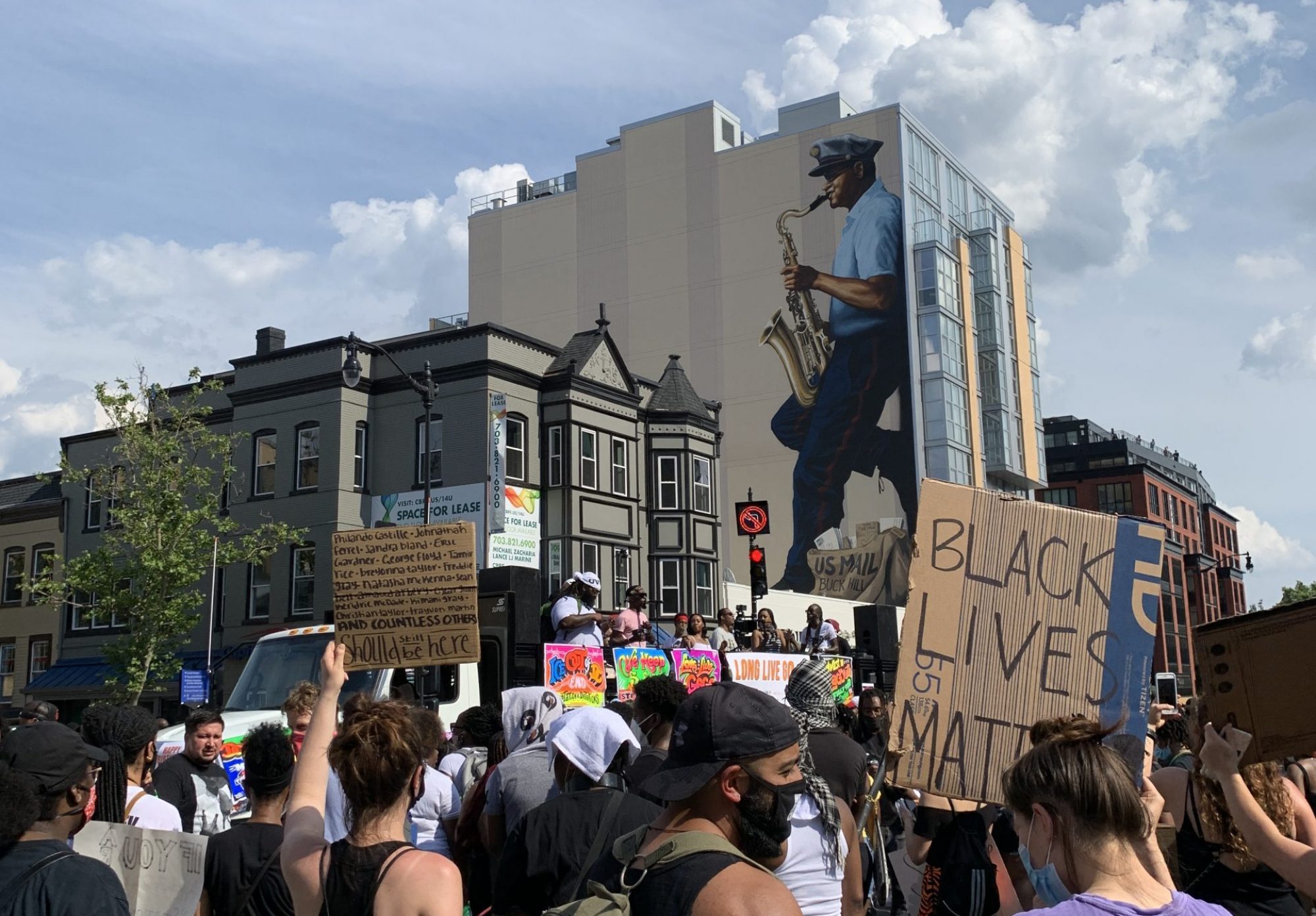1B12 – the best neighborhood in the country
It’s hard to believe that I’ve completed my term as ANC Commissioner for 1B12. As I’ve said many times, serving as Commissioner was one of the greatest privileges of my life.
On a personal level, it’s been wonderful to get to know so many people, in 1B12 and beyond, through ANC work. Back in 2018, I quickly realized that campaigning was an excuse to talk to lots of people. Today, so many interactions are mediated electronically, coordinated in advance and subject to strict time limits. Spontaneous interactions spark joy. I will admit that the work could be dry, but in this way, serving as your ANC made me happier.
More substantially, I am proud to have played a role in some of ANC 1B’s achievements over the past term. As chair of the Transportation Committee, I created and led a public engagement project on road safety, part of a broader movement that has helped our city begin to re-orient transportation towards people. I led 1B’s Comprehensive Plan Task Force, calling for a city that was truly inclusive. Read our submission here. I also testified before the DC Council about the Comp Plan. You can hear my testimony at 38:35 in the video from Day 1.
There were many more resolutions, about individual development projects, liquor licenses, and more. I was particularly proud to co-author a letter calling for a more just public safety budget, with strategies and programs to strengthen neighborhoods, not over-police them.
Beyond DC
After the 2016 election, I reflected on how best to combat the sickness that had metastasized in our nation. DC has limited federal representation. Around when I was knocking on doors for Ralph Northam’s campaign, in Virginia in 2017, I began to think that our nation was a series of struggling communities — not just one struggling country. 1B12 is not struggling by any means. Everyone in our country should be able to live in a place as great as this.
I got to thinking. How can I make my community better? And can I convince others to try to make their community better too?
My experience as ANC has given me a clear answer to the first question. Individuals can work together and figure out solutions to difficult problems. When that happens, communities get better. Nothing happens overnight in DC, or anywhere. And there’s still so much to do. But I believe I’ve made some progress, building on the work of so many others.
As for the second question, I leave it to you. Perhaps you do not even live in 1B12. Or perhaps you have another community that’s closer to your heart, like a school, or a church. Looking to 2021, with a new President and a COVID vaccine: how will you make your community better? It’s worth trying.









